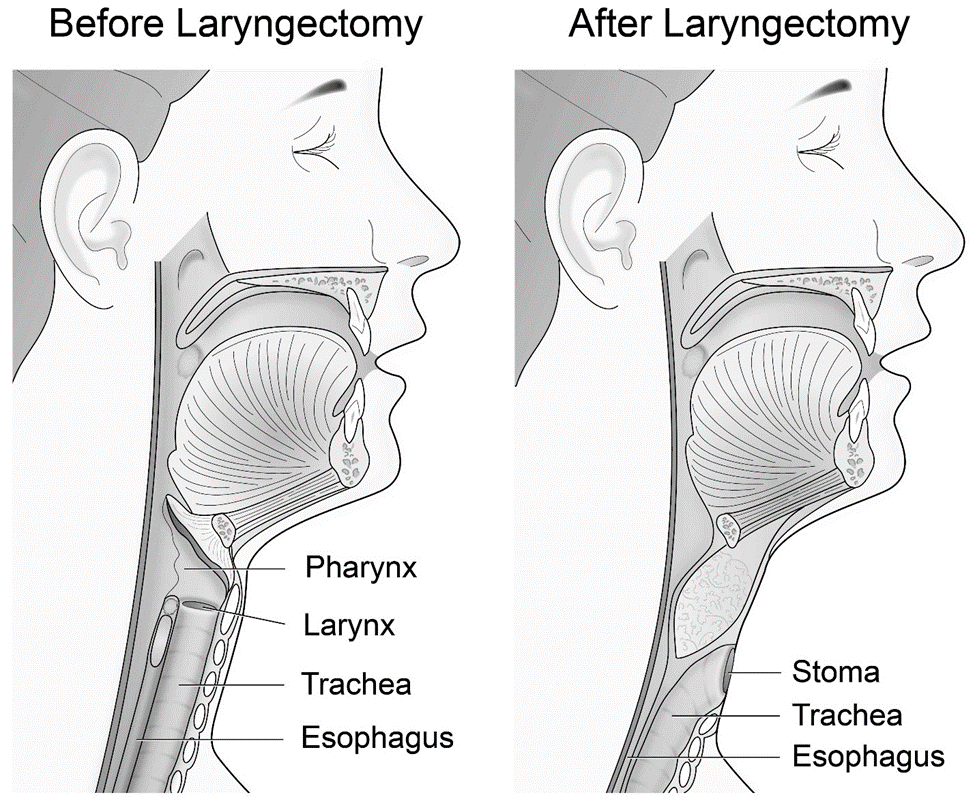A nurse is assessing a client who has left-sided heart failure. Which of the following findings should the nurse expect?
Hacking cough
Abdominal distension
Dependent edema
Jugular venous distention
The Correct Answer is A
A. Hacking cough: This is the correct answer. Left-sided heart failure can lead to pulmonary congestion, resulting in a cough that is often described as "hacking" or "persistent." This cough may be worse at night when the client is lying down.
B. Abdominal distension: Abdominal distension is more commonly associated with right-sided heart failure, as fluid accumulates in the abdomen (ascites). In left-sided heart failure, fluid accumulates in the lungs, leading to pulmonary symptoms.
C. Dependent edema: Dependent edema is also more commonly associated with right-sided heart failure. In left-sided heart failure, fluid tends to accumulate in the lungs, causing pulmonary congestion and related symptoms.
D. Jugular venous distention: Jugular venous distention is often seen in right-sided heart failure due to impaired blood flow from the right atrium into the right ventricle. This finding is less likely to be prominent in left-sided heart failure.
Nursing Test Bank
Naxlex Comprehensive Predictor Exams
Related Questions
Correct Answer is C
Explanation
A. Hypertension: Anemia is more likely to be associated with hypotension rather than hypertension. The body often responds to anemia by increasing heart rate and cardiac output to compensate for reduced oxygen-carrying capacity.
B. Diarrhea: Anemia itself is not directly associated with diarrhea. Excess blood loss can lead to anemia, but diarrhea is not a typical manifestation of anemia.
C. Fatigue: This is the correct answer. Fatigue is a common symptom of anemia, as reduced oxygen delivery to tissues can lead to feelings of weakness, tiredness, and lack of energy.
D. Bradycardia: Anemia is more likely to be associated with compensatory tachycardia (increased heart rate) rather than bradycardia. The body attempts to maintain oxygen delivery to tissues by increasing cardiac output.
Correct Answer is C
Explanation
A. Tissue integrity: While assessing tissue integrity is important, ensuring airway patency takes precedence in the immediate postoperative period, especially following a procedure involving the larynx. Maintaining a patent airway is a critical priority.
B. Pain severity: Pain assessment is important, but it is not the primary concern immediately postoperatively in the context of a partial laryngectomy. Airway patency is of higher priority.
C. Airway patency: This is the correct answer. Following a partial laryngectomy, there may be concerns related to airway compromise due to the surgical procedure. The nurse should assess the airway first to ensure there are no obstructions or complications affecting the client's ability to breathe.
D. Wound drainage: While assessing wound drainage is important for monitoring surgical sites, it is not the first priority in the immediate postoperative period following a partial laryngectomy. Airway patency is a more critical concern.

Whether you are a student looking to ace your exams or a practicing nurse seeking to enhance your expertise , our nursing education contents will empower you with the confidence and competence to make a difference in the lives of patients and become a respected leader in the healthcare field.
Visit Naxlex, invest in your future and unlock endless possibilities with our unparalleled nursing education contents today
Report Wrong Answer on the Current Question
Do you disagree with the answer? If yes, what is your expected answer? Explain.
Kindly be descriptive with the issue you are facing.
